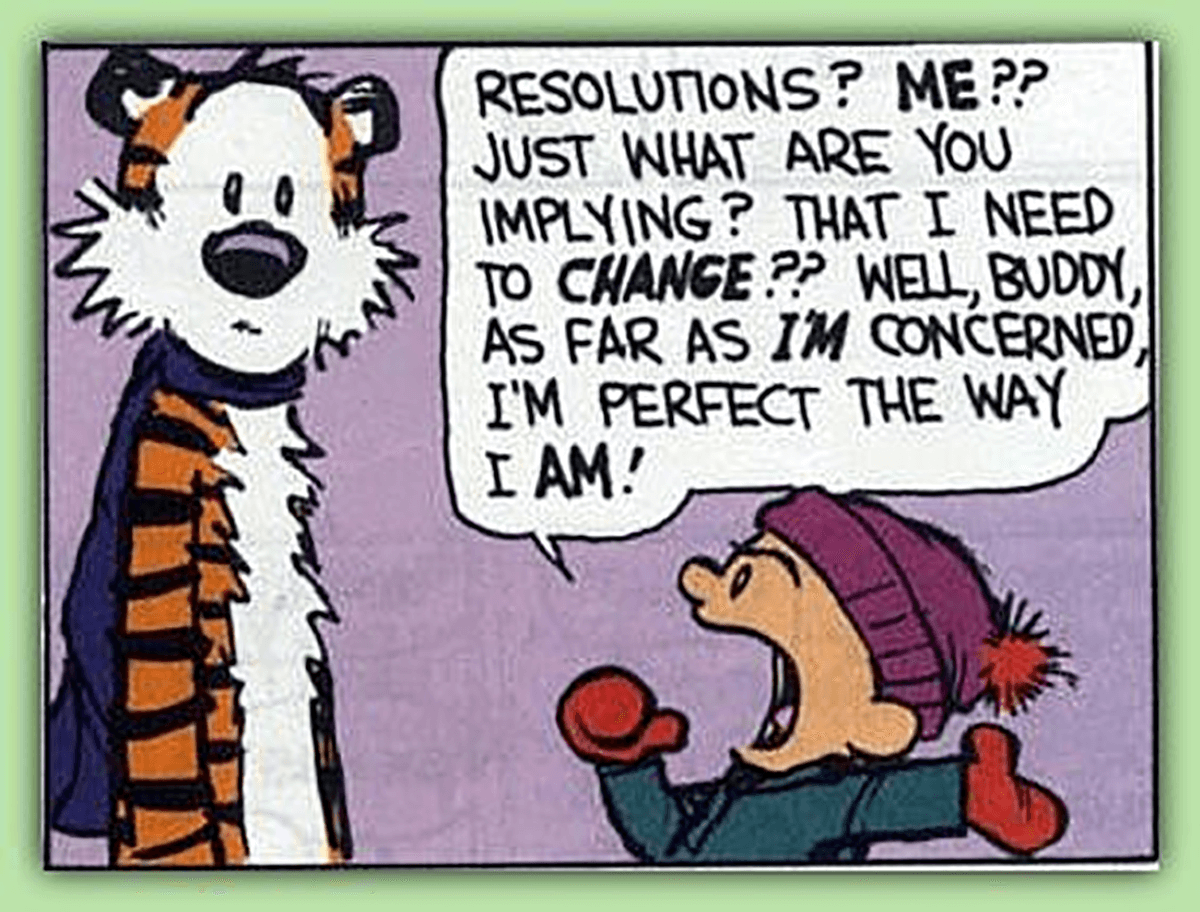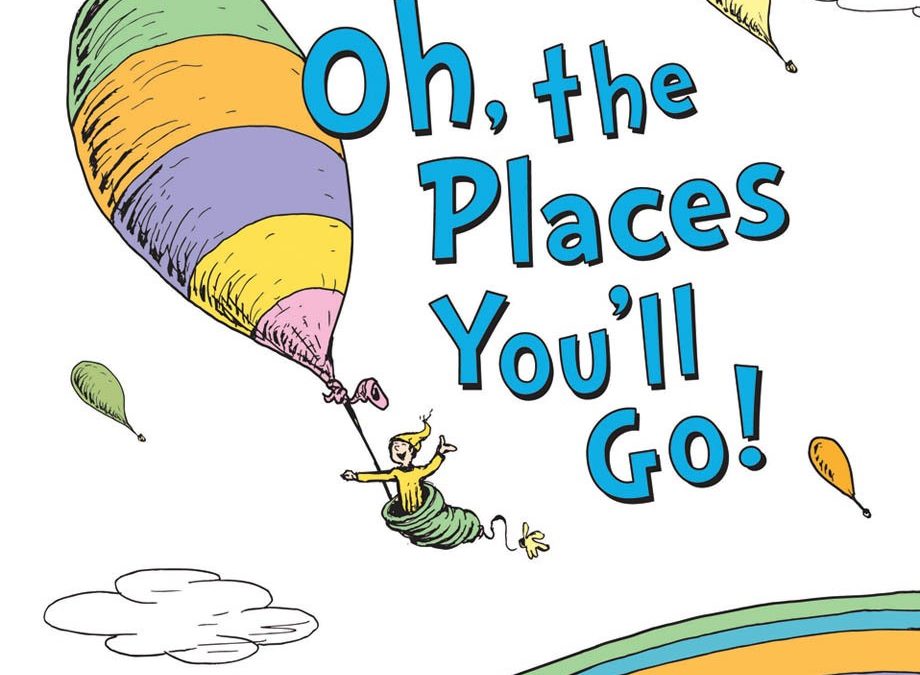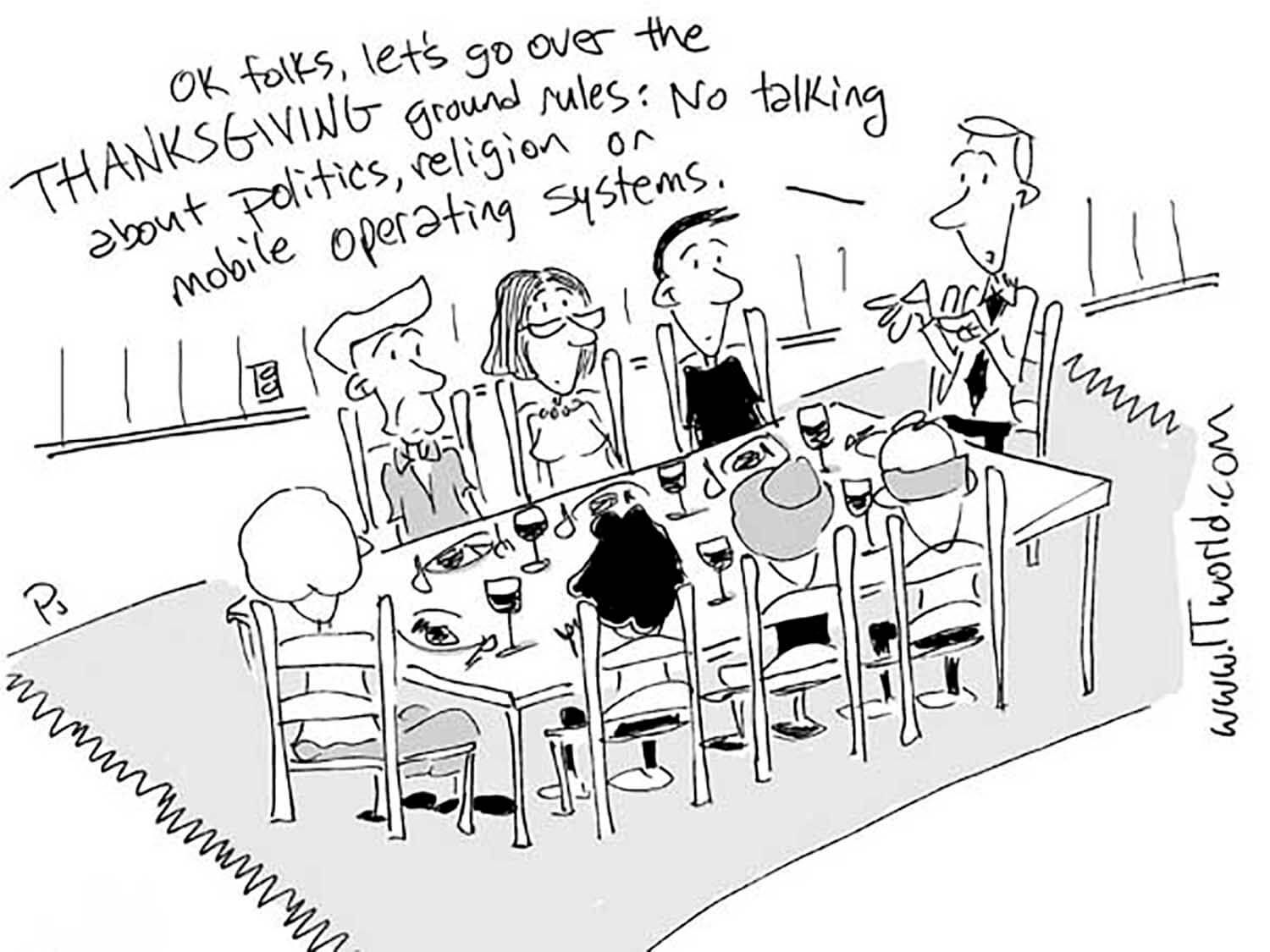Forest fires are one of the most difficult natural disasters to overcome. A simple spark can quickly evolve into an uncontrollable inferno, destroying everything in its path. Situations in our lives can progress in the same manner as a forest fire. Sparks occur daily. Maybe your co-worker engages you in a controversial conversation? Maybe your boss makes a comment that left a sour taste in your mouth? Maybe you weren’t having a good day, and a client chastises you over the phone? It doesn’t take much to start a wildfire, but to prevent it, you must address the problem at the source.
One of the benefits my clients often tell me about using the Clarity Compass is how it helps them to avoid creating “fires” before they start to rage.
Here’s a recent example: Courtney is the CFO of a major healthcare research institution. Her peer, Erica, had sent out an email to their entire team with detailed complaints about Courtney’s actions while working on a project together. Courtney was both confused and devastated at Erica’s email and asked me to help consult them through the situation. Our objective during the session was to aid both Courtney and Erica in seeing the chaos, confusion, and upset they had caused in hopes of avoiding future mishaps.
As we worked through the situation together, the first thing we did was to make sure that both parties understood the impact their actions had on the other, along with separating the facts versus the stories. Courtney was outraged at Erica’s actions. She felt that they were impulsive and hurtful. Erica felt a great amount of ownership in the project and felt abandoned when Courtney moved forward with various key decisions without her consent. Erica mentioned that several groups had isolated her in the past, and she was sensitive to a re-occurrence. Courtney didn’t feel Erica’s input was necessary and acted on her own regard. The two executives acknowledged their short-comings, apologized, and committed to one another a renewed confidence in transparent conversation.
Through the Clarity Compass, Courtney and Erica identified the stories they were telling themselves based on previous experiences, versus the facts of this situation. Courtney didn’t believe that moving forward with a minor decision was an issue. Erica began to feel pushed out of the project again. Neither communicated with one another well before the spark had been ignited. Prior to that understanding, the situation began to escalate and emotional decisions had been taken.
The Clarity Compass provided a platform for Courtney and Erica to mutually understand the other’s intentions, state the facts of the situation, and acknowledge the stories. They defused the fire before it caused devastatingly unrepairable damage. Don’t wait until the embers die and smoke settles to be proactive.
Have you ever acted on an assumption without considering another person’s feelings? How would the situation have been different if you applied their feelings to the situation?


